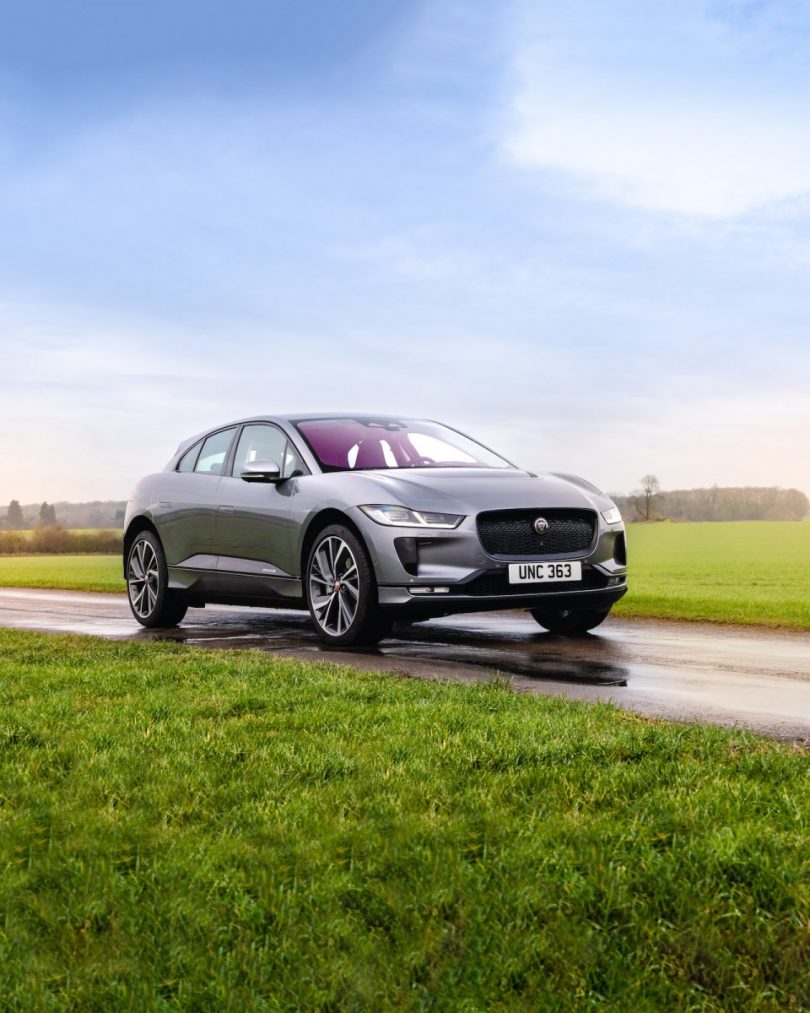Jaguar has issued a recall notice for the I-Pace electric SUV. The recall pertains to a potential battery fire issue.
Jaguar I-Pace battery fire risk
According to the recall notice, there are 6,367 I-Pace electric SUVs affected by this issue. These units were manufactured from 2019-2023. According to the National Highway Traffic Safety Administration (NHTSA), the high voltage batteries in these vehicles could overheat, which could result in a potential fire.
As of now, Jaguar is yet to determine the actual fault. The British carmaker says it is still figuring out if the defect is in the battery pack itself. Meanwhile, the company plans to update the software in the affected models to monitor the battery energy control module. This update will be done via over-the-air (OTA) method.
On the other hand, Jaguar has also said that it is not yet ignoring the defect in battery packs. If confirmed, the carmaker will replace the battery pack in the said vehicle free of cost.
Jaguar I-Pace : More Details
The I-Pace is the British car maker’s first all-electric performance SUV. It is powered by a 90 kWh battery delivering 294 kW and 696 Nm of torque. In terms of acceleration, the 0-100 km/hr sprint is claimed to be 4.8 seconds. Customers can also get a 100kW quick charger. This will top up the battery from 0-80 percent in 40 minutes. Meanwhile, the 7.4 kW AC wall charger takes 10 hours to charge up to 80 per cent. The I-PACE provides a range of 470 kilometres (WLTP) on a full charge.
In India, the Jaguar I-Pace is available in three trims – R-Dynamic S, R-Dynamic SE and R-Dynamic HSE. The price of the Jaguar I-Pace starts from INR 1.20 crore.
Recently, British carmaker Jaguar has announced that its engineering team recently worked with Pramac to develop a zero-emission energy storage unit. Powering this storage unit are the second-life batteries from the Jaguar I-PACE along with Jaguar’s prototype and engineering test vehicles. Called the Off Grid Battery Energy Storage System (ESS) that, features Pramac’s technology, uses lithium-ion cells from one-and-a-half second-life batteries. This will result in the supply of zero-emission power to areas where access to the mains supply is typically limited or unavailable.

Also Read – Jaguar TCS Racing reveals Jaguar I-TYPE 6 race car.


